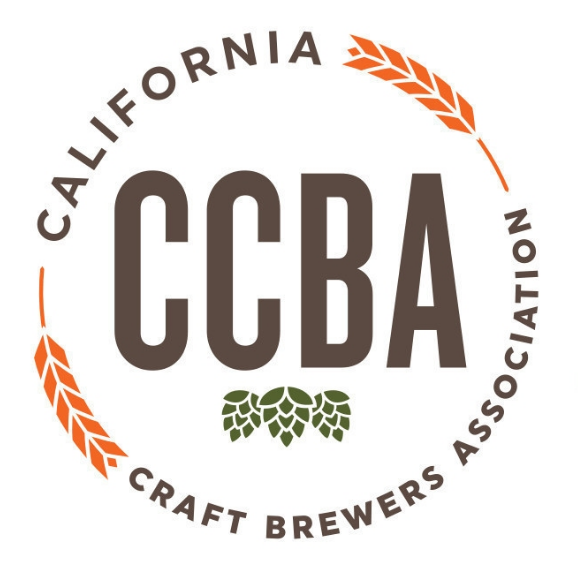The 2016 California Craft Beer Summit is about a month away — but that’s far from the biggest story from a recently-published article about the event. If you read the post about the summit originally featured in Beer Paper LA, you’d find a message that’s becoming louder as the craft industry grows: know who brews your beer.
In the article, Executive Director of the California Craft Brewers Association Tom McCormick writes something that is so simple, yet so powerfully conveys the growing message from small and independent brewers today, as multinational corporations purchase craft breweries.
McCormick writes: “Over the last few decades, Big Beer have tried their hand at chipping away the equal access laws, hoping to eliminate the protection craft brewers have to grow and sell their beers. What should you do about it? Know who brews your beer and know who owns your local brewery!”
McCormick tells CraftBeer.com he wrote the article because he believes consumers want to know who is making their beer.

“I believe that all things being equal, consumers would rather buy a beer from an independently owned craft brewery than from a global corporation – if they know,” McCormick said. “But because labeling laws allow large global breweries to own and produce brands that make no mention of actual ownership on the label, consumers have no easy way to know who makes their beer at point-of-purchase.”
According to the Brewers Association, CraftBeer.com’s parent organization, an American craft brewer is small, traditional and independent:
- Small – Annual production of 6 million barrels of beer or less (approximately 3 percent of U.S. annual sales). Beer production is attributed to the rules of alternating proprietorships.
- Independent – Less than 25 percent of the craft brewery is owned or controlled (or equivalent economic interest) by a beverage alcohol industry member that is not itself a craft brewer.
- Traditional – A brewer that has a majority of its total beverage alcohol volume in beers whose flavor derives from traditional or innovative brewing ingredients and their fermentation. Flavored malt beverages (FMBs) are not considered beers.
The heart of the issue surrounding Big Beer buying craft is this: Conglomerates have better access to raw materials and an easier path to market than small and independent brewers, which continues to complicate issues for America’s small craft brewing businesses.
“What should you do about it? Know who brews your beer and know who owns your local brewery.” ~Tom McCormick, Executive Dir. California Craft Brewers Association
“Craft brewers have revolutionized beer culture in America over the last 30 years. Big Beer brands such as Bud, Miller, Coors, Corona, etc. are on a slow but certain decline. They will always be around, but in the next 30 years, the vast majority of beer consumed in this country will be high flavor craft-type beer,” he said. “The only question will be: who will own this market share?”
“Thirty years ago when I first got into this industry, the biggest challenge was to educate consumers on what craft beer was,” McCormick said. “Today our challenge has shifted. Most people know what a craft beer is. We now need to educate them on who owns and who brews the beers they can choose from – and let them make a choice.”
CraftBeer.com is fully dedicated to small and independent U.S. breweries. We are published by the Brewers Association, the not-for-profit trade group dedicated to promoting and protecting America’s small and independent craft brewers. Stories and opinions shared on CraftBeer.com do not imply endorsement by or positions taken by the Brewers Association or its members.


Share Post